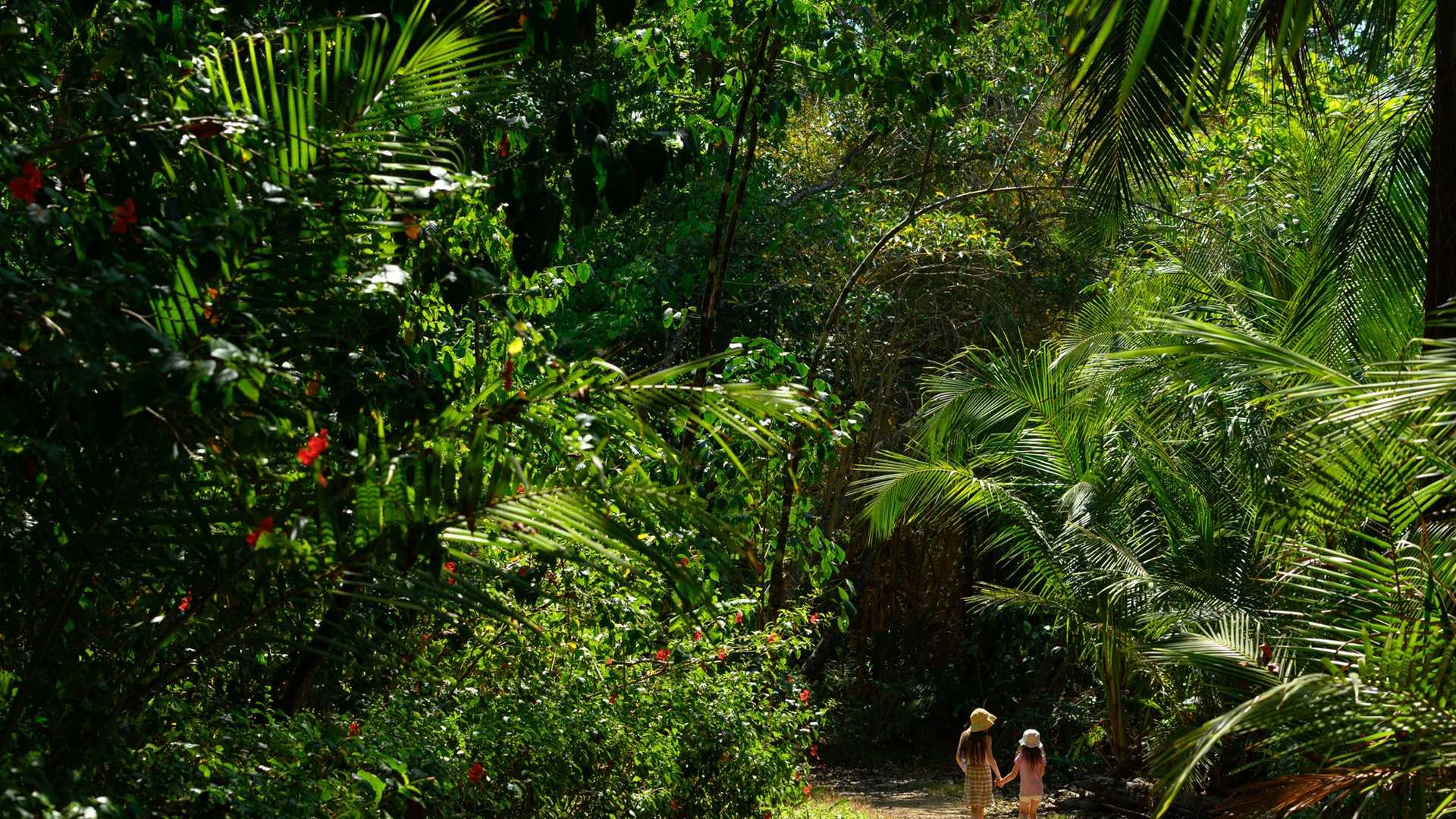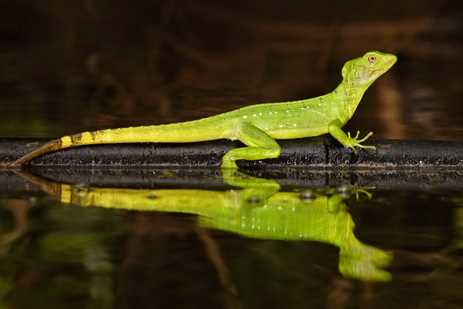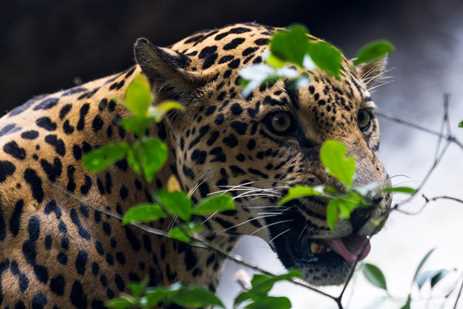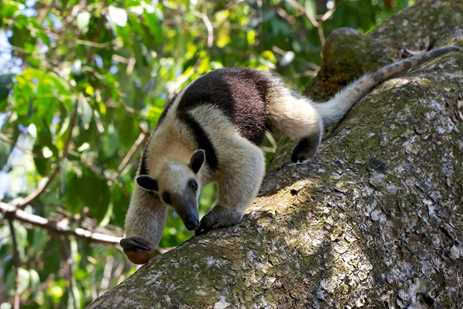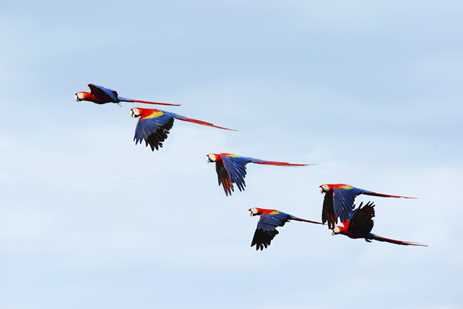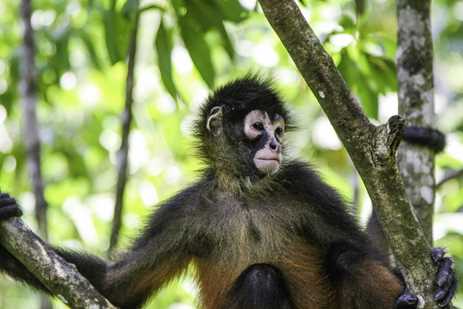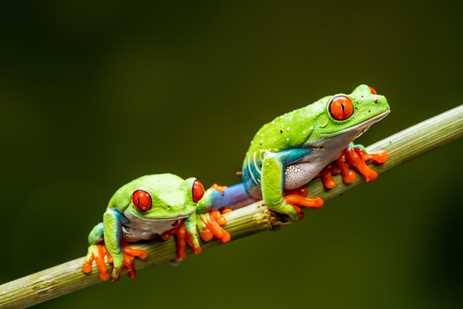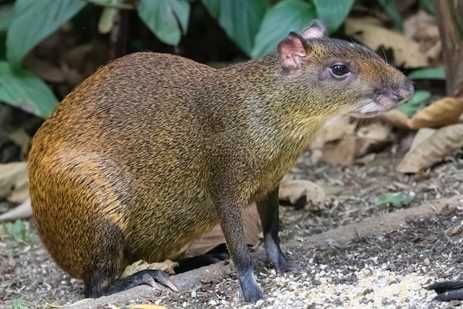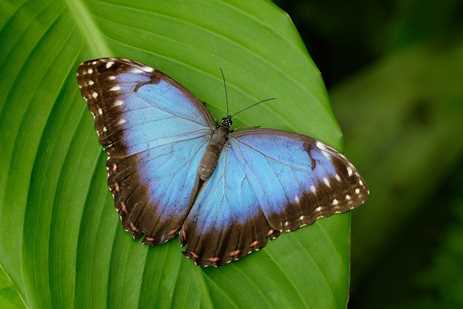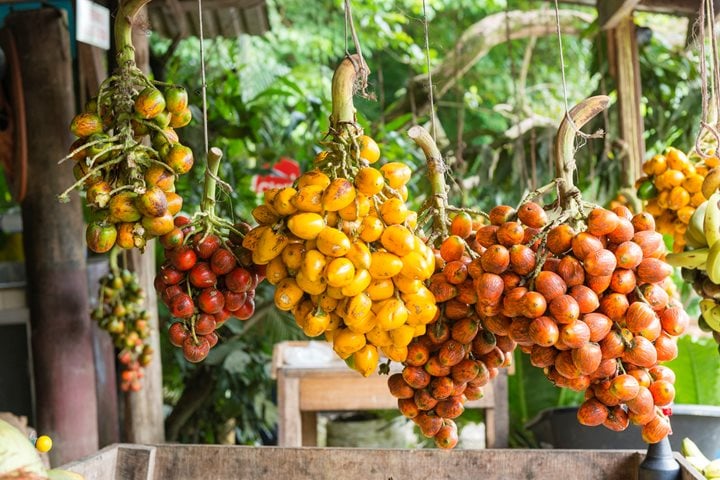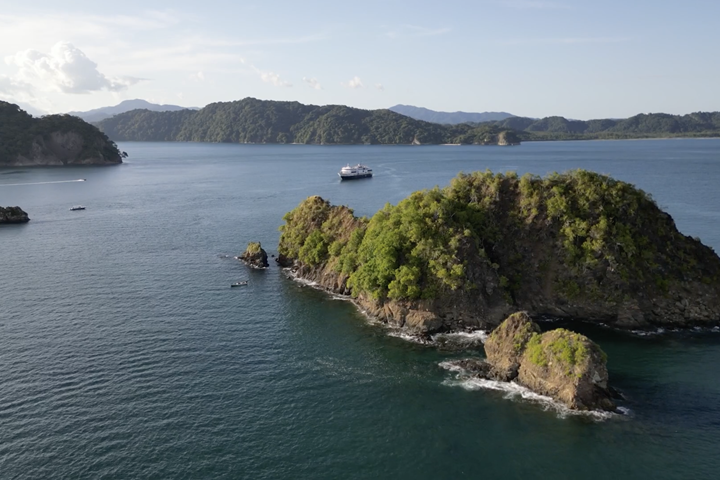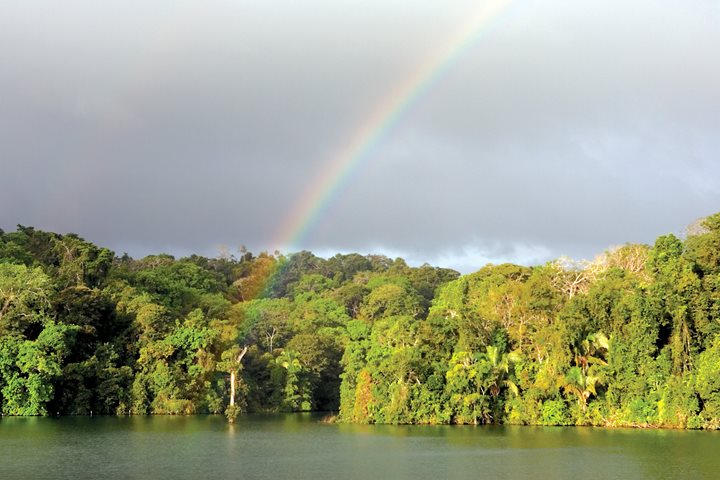Part of this astonishing diversity comes from Corcovado's unique history and location. Over two million years ago, the land that makes up the Osa Peninsula was an island that merged with the neighboring continent. Costa Rica was already rich in wildlife, but the area that would later encompass the park became particularly hospitable given that it developed 13 different major ecosystems ranging from mangrove and freshwater swamps to lowland rainforest and a cloud forest.
In 1975, conservationists led the movement to create Corcovado National Park in an attempt to protect this unique land and its wild residents from gold prospecting. These preservation efforts continue to this day, and the area is home to several exotic animals either endangered or on the brink of endangerment, including Baird’s tapirs and jaguars.
While soaking up everything nature has to offer is the primary reason to visit Corcovado National Park, there are multiple ways to enjoy a day spent spying on life in the wild. Deserted beaches border the Pacific and double as nesting grounds for sea turtles, and hiking trails lead visitors deeper into the rainforest, with a highly recommended stop for a dip in a waterfall pool to banish tropical humidity. And tropical humidity is a small price to pay for the unparalleled experience of spending time in the largest remaining tract of lowland rainforest on the Pacific Coast of Central America.
As Trond Larsen, an ecologist who has extensively studied the area wrote in his book Osa: Where the Rainforest Meets the Sea, “In a remote and lush corner of southern Costa Rica lies a realm of giant trees, potbellied spider monkeys, harpy eagles, prowling jaguars and herds of white-lipped peccary. This is the Osa Peninsula and there is no place in the world like it.”
Effortlessly getting to Corcovado National Park and the Osa Peninsula, as well as experiencing the Canal, are why it makes sense to explore by ship. Get the details on our Costa Rica & Panama itinerary.

